TRAI issues recommendation letter on DTH licenses & states cross-media restriction in DTH
The Telecom Regulatory Authority of India (TRAI) has issued a recommendation letter clarifying the future renewals and issuance of new DTH Licences and stating cross-media restrictions in DTH licensing regime as well. The letter is based on the request from Ministry of Information and Broadcasting (MIB) made in August 2013.
TRAI has advised the MIB to re-evaluate the existing DTH Guidelines and put forward a new DTH licensing regime for issue of new licenses and migration of existing DTH licensees under the circumstances where none of the existing DTH operators could reach the breakeven mark and the industry faced huge losses.
While recommending on review of License Period Under the new licensing regime for DTH, TRAI letter stated that "Licenses should be issued for a period of 20 years. Upon request of the Licensee, the period of License may be renewed by 10 years at a time, on the terms and conditions specified by the Licensor in consultation with the Authority". "A one-time entry fee of Rs. 10 Cr should be charged in the new DTH licensing regime also. The renewal shall be on the terms and conditions, including renewal fee, specified by the Licensor, in consultation with the Authority”, stated the letter regarding the Entry Fee and License Fee.
The license fee in the new DTH licensing regime should be charged as 8% of Adjusted Gross Revenue (AGR) subjected to a minimum of 10% of the entry fee and can be paid on a quarterly basis. Here AGR is calculated by excluding, Service Tax, Entertainment Tax and Sales Tax /VAT actually paid to the Government, from the Gross Revenue (GR). The DTH licensees shall be required to pay licence fee on a quarterly basis, the quantum thereof shall be equal to the actual licence fee payable for the preceding quarter. The annual settlement of the licence fee shall be done at the end of the financial year. The annual Licence Fee shall be subject to a minimum of 10% of the Entry Fee. The licence should include a provision that prescribes that the Licensor reserves the right to modify the licence Fee as a percentage of AGR any time during the currency of the agreement. The schedule of payment of Licence Fee should be amended accordingly.
TRAI also recommended changes in mandate for furnishing Bank Guarantee stating "DTH licensees shall be required to furnish a Bank Guarantee for an amount equivalent to the estimated sum payable, equivalent to License fee for two quarters and for new entrants, a BG for a fixed amount of Rs. 5 Cr shall be taken for the first two quarters, and thereafter, for an amount equivalent to the estimated sum payable, equivalent to License fee for two quarters”.
A provision for Existing DTH Operators to Migrate to the New DTH Licence was also recommended upon payment of Migration Fee as stipulated by the Regulator. Once the Government notifies the new DTH licensing regime, a DTH operator shall be allowed to migrate to the new regime at any time during the currency of its existing licence. Before obtaining a licence under the new regime, the DTH operator shall clear all the dues and fulfill all obligations under the existing licence terms and conditions as well as those arising out of legal cases pending before various courts of law. For the DTH operator whose licence period under the existing DTH licensing regime has already expired on 30th September 2013, the effective date of new DTH licence shall be 1st October 2013.
A “migration fee‟ should be charged from existing DTH operators who wish to migrate to the new DTH licensing regime. The quantum of “migration fee‟ should be arrived at as per the following formula:
Migration fee = [Entry fee in the new DTH licensing regime - (Entry fee under existing licence/existing licence period i.e. 10 years) x (No. Of years remaining in the existing regime at the time of migration)] In this formulation part of a year is not to be counted.
The letter also covered and extensively elaborated on details in areas related to Interoperability of DTH STBs, Restructuring of cross-holding with definition for Control, Relevant Market, Legality of Broadcasters and DPOs, Restrictions on Vertically and Horizontally Integrated entities with a Compliance period of one year.
The authority has recommended that an entity that controls a vertically integrated DPO (distribution platform operator) or the vertically integrated DPO itself shall not be allowed to “control” any other DPO of other category.
If a vertically integrated DPO, while growing organically or inorganically, acquires a market share of more than 33% in a relevant market, then the vertically integrated entities will have to restructure in such a manner that the DPO and the broadcaster no longer remain vertically integrated.
A vertically integrated broadcaster can have only charge-per-subscriber (CPS) agreements with various DPOs which should be non-discriminatory. A vertically integrated broadcaster shall file its RIO for its approval by the Authority. The RIO should cover all scenarios for interconnection and interconnection agreements should be only on the terms specified in the RIO. A vertically integrated DPO will have to declare the channel carrying capacity of its distribution network. And, at any given point in time, it shall not reserve more than 15% of this capacity for its vertically integrated broadcaster(s). The rest of the capacity is to be offered to the other broadcasters on a non-discriminatory basis. A vertically integrated DPO shall publish the access fees for the carriage of channels over its network. The access fee so specified shall be non- discriminatory for all the broadcasters. DPO shall file the specified access charge, with justification, with the Authority.
Restrictions on horizontal integration –
Any entity controlling a DPO or the DPO itself should not “control‟ any DPO of other category. However, MSOs and HITS operators can have cross-holding/‟control‟ amongst them, subject to market share restrictions, as specified from time to time.
Restructuring of cross-holding/control –
There should be uniformity in the policy on cross-holding/‟control‟ between broadcasters and Distribution Platform operators (DPOs), and amongst DPOs, in the broadcasting and distribution sectors.
Definition of control-
An entity (E1) is said to “Control” another entity (E2) and the business decisions thereby taken, if E1, directly or indirectly through associate companies, subsidiaries and/or relatives:
(a) Owns at least twenty per cent of total share capital of E2. In case of indirect shareholding by E1 in E2, the extent of ownership would be calculated using the multiplicative rule. For example, an entity who owns, say, 30% equity in Company A, which in turn owns 20% equity in Company B, then the entity’s indirect holding in Company B is calculated as 30% * 20%, which is 6%.; Or
(b) exercises de jure control by means of: (i) having not less than fifty per cent of voting rights in E2; Or (ii) appointing more than fifty per cent of the members of the board of directors in E2; Or (iii) controlling the management or affairs through decision-making in strategic affairs of E2 and appointment of key managerial personnel; Or
(c) exercises de facto control by means of being a party to agreements, contracts and/or understandings, overtly or covertly drafted, whether legally binding or not, that enable the entity to control the business decisions taken in E2, in ways as mentioned in (b) (i) (ii) and (iii) above.
For this purpose:
(i) The definitions of “associate company”, “subsidiary” and “relative” are as given in the Companies Act 2013.
(ii) (ii) An “entity” means individuals, group of individuals, companies, firms, trusts, societies and undertakings. (2) DTH operator.
Interoperability of DTH STBs –
The licence condition prescribed at clause 7.1 of the existing DTH Guidelines should be replaced with the following clause: “The Set Top Box offered by a DTH service provider shall have such specifications as laid down by the BIS from time to time.” BIS should come out with updated specifications for STBs from time to time and while doing so, BIS shall consult TRAI. The licence conditions should mandate the licensee to comply with the tariff order/scheme prescribed by TRAI for commercial interoperability.




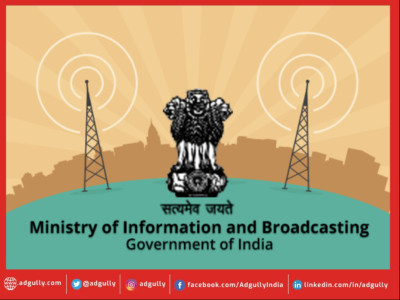

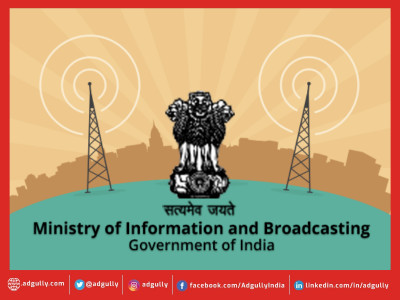
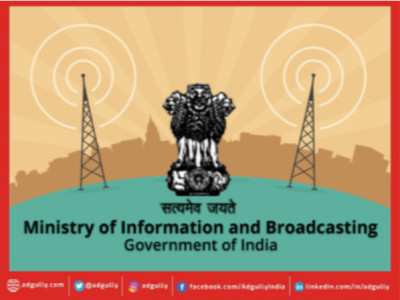
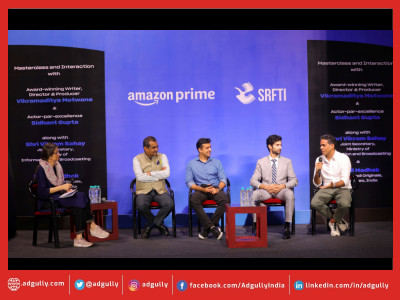
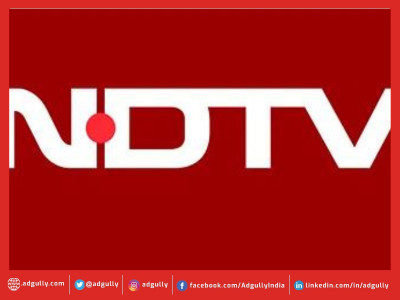
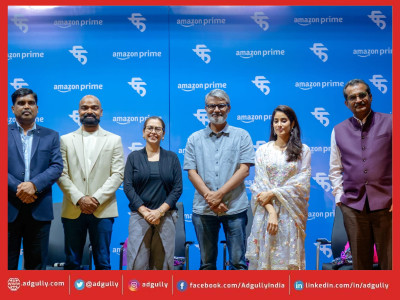

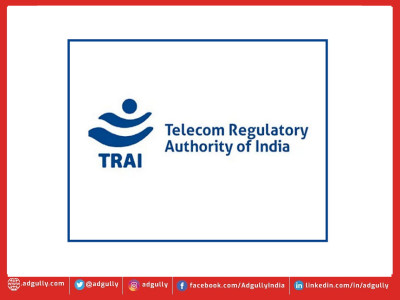

Share
Facebook
YouTube
Tweet
Twitter
LinkedIn